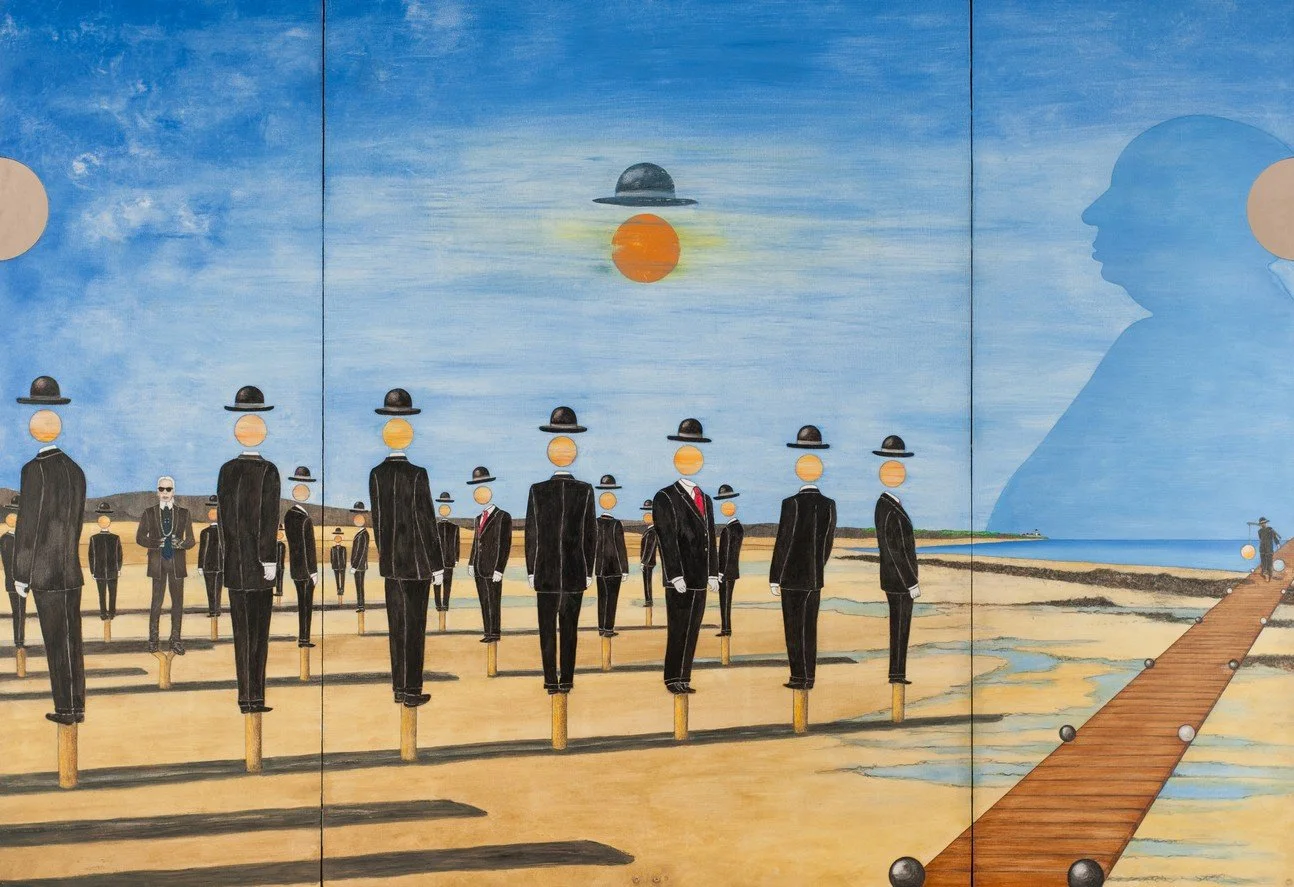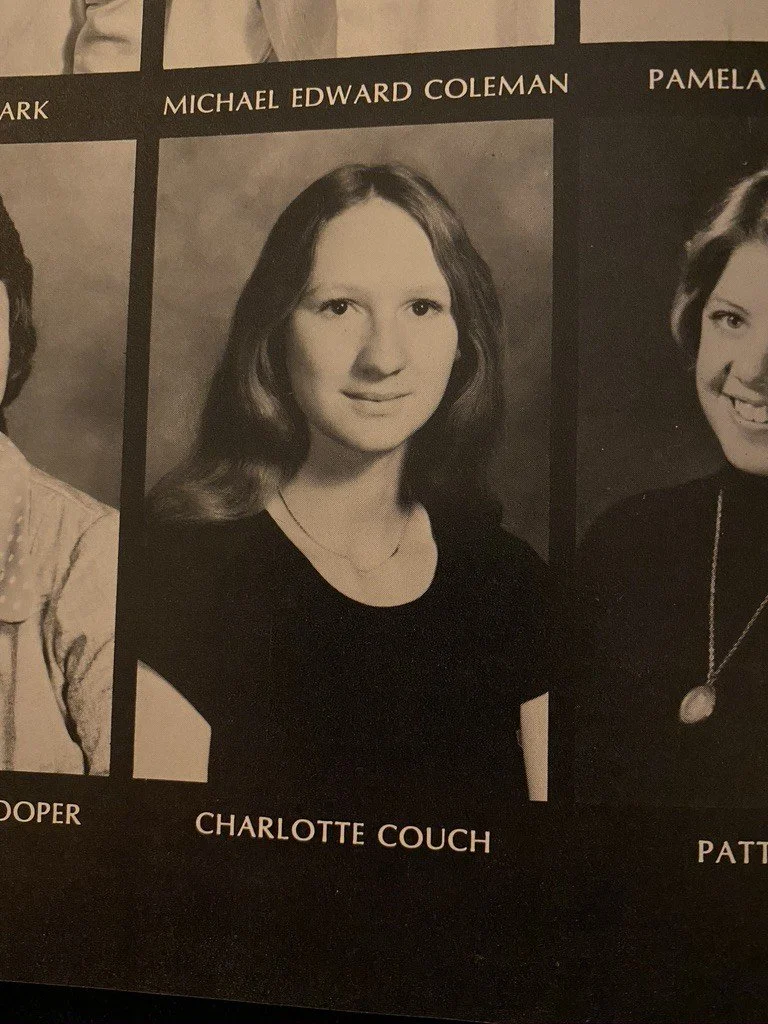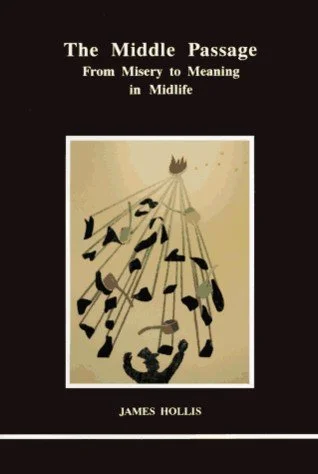Who am I at 25-35? This is the Quarter Life Crisis Age
Other resources you may like:
The phenomenon known as the Mid-Life Crisis occurs just before or between the ages of 45 and 60. So what is one to call a period of major existential questioning and disenchantment with life that happens between the ages of 25 and 35?
This is the Quarter-Life Crisis.
What can cause a Quarter-Life Crisis to arise?
There are many reasons for why this challenging chapter in one’s life may arise. The reasons will naturally differ based on a multitude of factors, such as a person’s unique background, life situation, privilege or exposure to opportunities in life, and the various innate and cultivated nuances of one’s sense of self. The cause of a Quarter-Life Crisis may also not be a single straw, back-breaking event – it may be due to smaller, accumulative stressors, or the penultimate straw before an unrelated, final push. That said, here are a few examples of general life events/circumstances which can create the conditions to trigger a Quarter-Life Crisis:
An un-integrated loss – Experiencing a sense of significant loss, such as the death or estrangement of a loved one or friend, the loss of physical or mental health, the loss of an important job, loss of wealth or income, or the loss of a valued material possessions
Excessive self-expectations – the perceived failure to live up to our own or an important other’s expectations, particularly those tied to timelines of age, such as being married, buying a house at a certain date, or earning a certain promotion/status/wealth marker by a certain birthday or new year
Comparisons to others – feeling an acute sense of lagging behind others whom we perceive as moving ahead – particularly those that we know or feel are similar in background to us and in areas that we value, such as career or relationship milestones
Life change leading to isolation – new and isolating experiences which break up our comfort zone and familiar support systems, such as moving to an unfamiliar city, graduating from school, or transitioning careers
Lack of reward – a perceived lack of validation from meaningful others, such as from our loved ones, friends, colleagues, or even acquaintances or social media followers. This is particularly triggering when the perception of lack was preceded by a stretch of time in which there was a perception of consistent or abundant validation
Even if these events in and of themselves may not be the immediate cause of a Quarter-Life Crisis, they can still the groundwork for such an existential crisis to develop days, weeks, months, or years later.
In the 1967 film, The Graduate, the protagonist Ben (played by Dustin Hoffman) is a recent college graduate who finds himself struggling with the vicissitudes of early adulthood.
In one scene, his father asks his son a simple question: “Ben, what are you doing?”
On a good day, such a question for someone in their early 20s might elicit an effortless or even sarcastic response. Yet, on that day, Ben’s response arose from a place of existential uncertainty: “I would say that I’m just drifting.”
Borrowing on insights gained during sessions with my therapist brings to light a simple question that can embody the existential confusion of the Quarter-Life Crisis. When one finds themselves asking the following three-word with serious intention and a solemn confusion, it can be a omen that one’s Quarter, Third, or Mid-Life Crisis has arisen or is on the precipice of arising:
“Who am I?”
If any of this resonates with you, then you should know that you are not alone; in fact, the experience of having some sort of crisis actually places you in the majority.
According to a 2017 LinkedIn survey: 75 percent of 25-33 year olds have experienced a quarter-life crisis, with the average age being 27.
Photo by VAZHNIK: https://www.pexels.com/photo/man-in-green-crew-neck-shirt-7561792/
A timeline of a Quarter-Life Crisis
At age 21, you may have felt as though you were on top of the world. Your angst-y teenage years had faded and become just a bad dream in the rear-view mirror. You were officially old enough to drink without the persistent fear that the police would arrest you and ruin your future job prospects. You found your groove in balancing the pressure of doing well in school, feeding your blooming social life, and managing the demands of work and seeking an internship. Life was looking up and you felt as though nothing could stop you.
At age 23, you may have scored your first job and felt like you were on a fast-track to the top. Your ambition propelled you through the onboarding phase and you rapidly achieved some impressive early wins. Your mind was firing on all cylinders across both the creative and analytical hemispheres, and the ideas that you thought up earned praise from peers and leaders alike. In your end-of-year reviews, you earned a nearly perfect score. The salary you commanded was more than you could have imagined earning and enabled you to afford a nice apartment, to go out with friends whenever you wanted to, and enabled your growing frequent flier status. You notched one success validation point after another. Life glowed red all around you with a brilliant hue as you took off at rocket-speed, burning hot as you rose through the atmosphere.
Then your 26th birthday arrived. You may have decided to leap into the unknown and start a company, but at the same time you faced a loss that knocked the air out of your lungs and left you reeling inwardly. Outwardly though, you put on your game face and doubled down on what had become the most stable and grounding part of your life: your career. The investment paid off, and your rocket ship trajectory continued on for several years.
By your 27th birthday, your body may have started to feel a bit more old and creaky. You made a few jokes about being a quarter century old and how that meant life was downhill from there. It was easy to laugh it off in the moment with friends, but not far down the road you actually began to wonder…
At age 29, the work you had been so passionate about only a year earlier may have unraveled into a mind and soul grind. Whereas before it had been a source of relief and a thrill, work now threatened to wear you down to the bone; however, facing the pain and chaos lurking within was still a worse prospect than continuing to work hard, with the hope of reversing course and rising above the clouds. After all, it’s the “challenges that make us,” and “mind over matter” you told yourself.
By 30, the signs of burnout may have begun flashing throughout your body; however, your mind was still sharp and your ego desperately fought against easing up, instead spurring you on like a straddled horse to work more to maintain the rocket ship identity you had established. So, pushing the warning signs out of view, you kept going, pursuing the meaning you were convinced lay not now, but at some future destination. After all, now was not the time to stop after all the effort you had invested, you told yourself.
At 31, your ego’s attempts to continue convincing you that it would all be worth it someday and that life fulfillment was still just ahead may have crumbled. The successful future was revealed as an illusion. Doubt, anxiety, and depressing thoughts concerning who you were, where you were going, and what it was all for proliferated and set about attacking your mental organs, like psychic bacteria. The happy, successful future you had years ago imagined clearly now wavered and scattered, like a mirage. As you reeled and staggered about, you asked yourself – what happened, and why?
Do any of these hypothetical series of life events feel familiar to you, or reminiscent of someone you know?
Photo by Andrew Neel: https://www.pexels.com/photo/assorted-map-pieces-2859169/
When it comes to the onset of a Quarter-Life Crisis, a single painful event isn’t always enough to initiate such an existential questioning of the soul; sometimes, our momentum and our egos are so strong that it takes more than one blow to knock us off balance. Speaking personally, this was the case for me.
While the full story is more complex, the timeline of age events from 21 to 31 above was a paraphrasing of my own experience.
The death of my mother left me hurting, and my reaction was to try to bury the feelings of pain and loss I felt. Conversely, the growing success I tasted in the company I started drew me into an addiction of seeking more success. Over-attaching my sense of self-worth to work led me gradually to work more and more, and ultimately I ignored the warning signs and over-extended my commitment to work beyond my capacity, which resulted in an intense mental burnout. A combination of being burned out and the forced space for reflection that ensued during COVID isolation led me into a Quarter-Life Crisis, wherein I was overwhelmed by feelings of groundlessness and worthlessness. The wave of pain and shock that arose in this phase from repressed places plunged my mind into a deep questioning of my life’s meaning and purpose.
Photo of my mom from high school
What a Quarter-Life Crisis can feel like
The onset of the Quarter-Life Crisis may feel like a type of mental vertigo. One feels drawn, reluctantly towards the edges of one’s known sense of self, and prompted to peer down into the neglected, nether regions of one’s broader being. In these nether regions lie the parts of ourselves that we have silenced, ignored, and rejected. Suffering in silence, these elements of our inner selves nonetheless long deeply to be seen, heard, understood, and valued. It is in times of confusion, stress, or pain, when we are knocked off balance and finally take a look around that there arises a golden opportunity for these repressed voices of our inner selves to come to the surface of our consciousness and be seen.
In times of intense pain, the unhappy, ignored, and unfulfilled inner self seizes the chance to be heard and initiates the Quarter/Third/Mid-Life crisis.
Not surprisingly, the existential cries for attention from the neglected depths of one’s soul can be quite anguishing to hear. The following were a few of the thoughts and feelings that accompanied the onset of my own Quarter-Life Crisis:
Mental and physical exhaustion
Trouble with memory and mental cognition
Feeling depressed, anxious, fearful, frustrated, and lost
Thinking of myself as a failure, inept, and generally as “bad” or not “good enough”
Feeling apathetic and unmotivated
Fearing that my best days were in the past
Thinking that I was alone in my experience
Fearing that this period would last forever and that I would never recover or be “normal” again
However disturbing the nature in which it comes about may be, the Quarter-Life Crisis, Third-Life Crisis, or Mid-Life Crisis actually represents a key milestone in the broader path of maturation. An existential crisis is, after all, a call to reflect on who we really are and who we really want to be, and to become whole by connecting with our neglected, deeper selves, and accepting the parts of ourselves we have ignored or rejected. To heed this call means to stop running, to turn around, and to face our demons or pick up our baggage. To heed this call presents us with the chance to come through the challenge stronger and ready to align our lives in a direction that brings us more meaning and fulfillment.
After becoming acquainted with the disorienting nature of this period, I began to seriously and solemnly ask myself questions such as, “who am I?” and “who do I want to be?” and to consciously select the values and decisions that I truly wanted for myself.
In fact, the premise of the book, The Middle Passage, is that the Mid-Life Crisis should be thought of more as a passage, rather than a crisis, and is a very important gift, that when accepted, can help one evolve from a provincial adulthood (governed by the values of parents and society, internalized in childhood), into a fully developed and stable adulthood (governed by one’s own consciously chosen values).
During a period of existential crisis, it is very important to realize that we don’t have to - and shouldn’t, in fact - face the crisis alone.
Through conversations with my therapist, coach, friends, family, and with insights from books such as The Middle Passage and many others, I was able to realize how my Quarter-Life Crisis, which felt like terrifying experience, could paradoxically end up being very beneficial and ultimately prove to be for my own health, happiness, and life fulfillment.
Cover of the book: The Middle Passage
“There is no good or bad, but thinking makes it so.” - William Shakespeare
To those of you for whom this post resonates, take heart.
You are not alone.
You don’t need to be afraid of the questions you are facing.
You deserve to feel at peace and to feel as though your life has meaning.
You are not “bad,” or a failure for feeling unfulfilled or for questioning yourself and your life’s journey.
When you find the courage to listen to the voices of your deeper self and the will to evolve your perception or your life situation as a result, you will come through this experience stronger and happier.
I hope that reading these words helps someone out there.
The Quarter-Life, Third-Life, or Mid-Life Crisis can indeed be a passage to a more meaningful sense of self and a new chapter in life, for anyone who is able to transform their perception of this time, and to heed the calling to be curious, to explore, and to become whole.
Continue on by learning how to navigate a quarter life crisis.
Stay tuned for more information on mindfulness, crisis, transformation, and notes from my own journey. In the meantime, take the time to understand your values and check out these top 5 reads to learn about mindfulness or this quick-start guide to mindfulness, which can be an antidote to treat both the symptoms and the root-cause of a life crisis.






